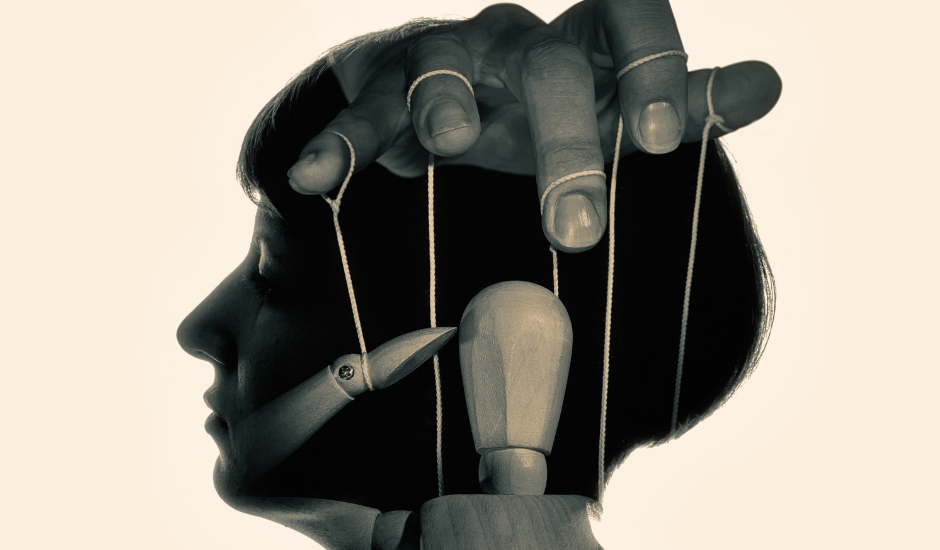Self-discipline is often praised as a virtue that can help you achieve your goals, overcome your weaknesses, and live a better life. But is it always a good thing? Or can it have a dark side that can harm your health, happiness, and relationships?
In this blog post, I’ll explore the potential pitfalls of being too self-disciplined, and how to find a healthy balance between self-control and self-compassion.
What is self-discipline?
Self-discipline is the ability to control your impulses, emotions, and actions in order to follow a plan, stick to a routine, or pursue a long-term vision. It’s a skill that can help you resist temptations, distractions, and procrastination, and focus on what matters most to you.
Self-discipline can be beneficial for many aspects of your life, such as:
- Improving your productivity and performance at work, school, or personal projects
- Enhancing your physical and mental health by eating well, exercising regularly, and managing stress
- Developing positive habits and breaking bad ones
- Saving money and managing your finances
- Learning new skills and acquiring new knowledge
- Growing your self-esteem and confidence
What are the drawbacks of being too self-disciplined?
While self-discipline can be a valuable asset, it can also have some negative consequences if you take it too far. Here are some of the drawbacks of being too self-disciplined:
- It can make you rigid and inflexible. Being too self-disciplined can make you stick to a plan or a routine without considering the changing circumstances, your own needs, or other people’s opinions. You might become obsessed with following the rules, meeting the deadlines, or achieving the targets, even if they are unrealistic, unnecessary, or harmful. You might also lose your creativity, spontaneity, and adaptability, and miss out on opportunities or experiences that could enrich your life.
- It can make you harsh and judgmental. Being too self-disciplined can make you set high standards and expectations for yourself and others, and criticise or punish yourself and others for not meeting them. You might become intolerant of mistakes, failures, or weaknesses, and feel guilty, ashamed, or angry when you or others fall short. You might also compare yourself to others and feel inferior or superior, depending on how you measure up.
- It can make you isolated and unhappy. Being too self-disciplined can make you sacrifice your social life, your hobbies, your leisure, or your fun for the sake of your work, your goals, or your duties. You might neglect your relationships, your passions, your interests, or your enjoyment, and feel lonely, bored, or depressed. You might also lose touch with your feelings, your values, or your purpose, and feel empty, dissatisfied, or unfulfilled.
How to find a healthy balance between self-control and self-compassion?
Being too self-disciplined can be harmful, but being too self-indulgent can be equally detrimental. So how can you find a healthy balance between self-control and self-compassion? Here are some tips to help you:
- Be realistic and flexible. Instead of following a rigid or extreme plan or routine, try to set realistic and flexible goals and strategies that suit your situation, your needs, and your preferences. Be open to change, feedback, and learning, and adjust your plan or routine as you go along. Allow yourself some room for error, experimentation, and improvisation, and embrace the uncertainty and diversity of life.
- Be kind and forgiving. Instead of being harsh or judgmental towards yourself and others, try to be kind and forgiving. Recognise that everyone, including yourself, is human and imperfect, and that mistakes, failures, and weaknesses are inevitable and valuable. Treat yourself and others with respect, empathy, and compassion, and celebrate your and others’ strengths, achievements, and efforts.
- Be balanced and happy. Instead of sacrificing your well-being for the sake of your work, your goals, or your duties, try to balance your life and your priorities. Make time for your relationships, your hobbies, your leisure, and your fun, and enjoy the present moment. Connect with your feelings, your values, and your purpose, and pursue what makes you happy and fulfilled.






